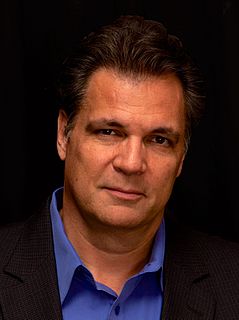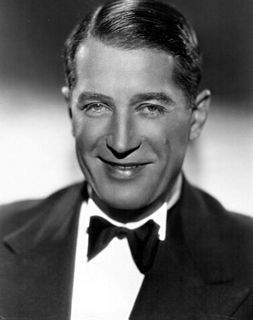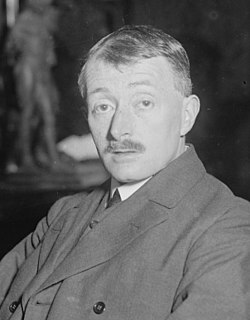A Quote by Romeo Santos
Once an artist makes his personal life public, he can't close that door.
Related Quotes
Now the expectation is that, once the public decides that the artist is gentrified, the public demands that the artist stop growing. And [the public] actually puts all their energy into reasserting or re-establishing what the artist has long ago left behind. Because that's what they want. The source of creativity, the gift that's been given, be damned.
Leonard [Nimoy] was such a teacher for me. He was one of the most fully realized human beings I have ever known on every level - in his personal life with his personal relationships and his love for his wife and his evolution with his family. Then as an artist, as an actor, as a writer, as a poet, and as a photographer. He never stopped.
There is a schizophrenic nature in modern politics. A leader is expected to have a religious faith but he is not supposed to let it influence him in his duties. Somehow, the truths that determine everything else about his existence are not allowed to influence how he conducts himself in public life. Not only that, his principles are usually considered so personal that the public is not even allowed to know for certain what they are. This passes for noble statecraft in our time. It was once thought cowardice.
The only time the private parts of someone's life are relevant is when they're affecting public performance. And just because someone is a public person doesn't mean that any part of his or her private life is open to scrutiny. If someone is doing his or her job, you have to have enough empathy to understand that we all have personal problems.




































